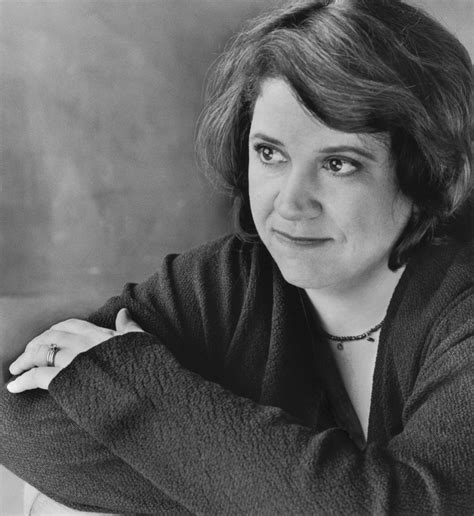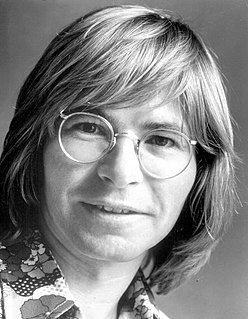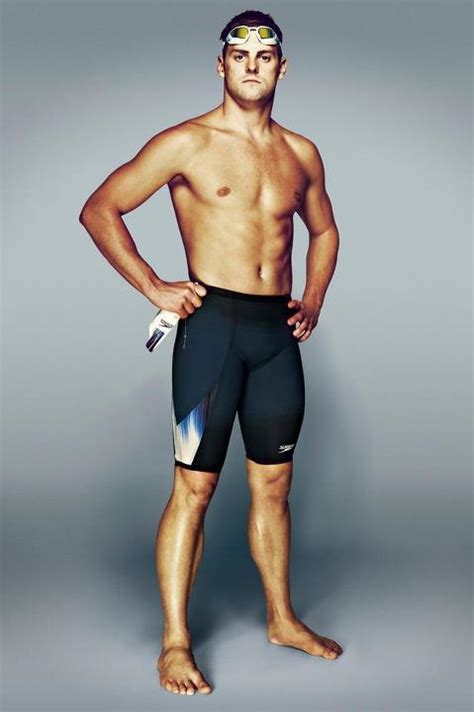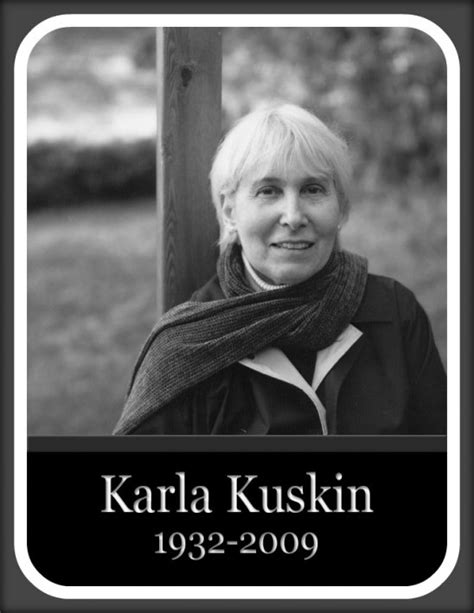A Quote by Tracey Emin
Criticism on my works is like this: you've worked hard all of your life, you went to Oxford, and you've done this and that, and you're an art critic. Your job is to unravel the "secret" or whatever, and you come across an entity like me. It's going to piss you off. Because there's no great secret, what you see is what you get, and anyone can understand what I'm doing. So, it's almost like I make this critic-person redundant, just by my attitude, and they resent me for that.
Related Quotes
I'm a critic. That means you are a writer. So, yes, you have to make yourself an authority on whatever subject it's going to be. Music, movies, literature, whatever it's going to be, but what you really want to do is learn your trade by reading other writers. I think you have to read veraciously, especially people who have done what you have done to see how it's been done in the past; what works, what doesn't work.
There's lots of room to be your own worse critic. It's just you, so I think that's inherit, that voice that's always that's there monitoring everything you do. It's definitely worse; the critic is harder when it's just you. If you're doing a show, then the critic can blame the other actors your with.
When you have any kind of success in life, that's like the most dangerous moment that you're in because you're going to tend to think wow, I can just keep repeating what I've done. I'm a great person. People love me. All of the sudden they're giving me all of this attention. You get drunk on it and you lose your sense of balance and your sense of detachment. I know it's happened to me.
Every art critic and every writer doesn't have a frame to start off from. If I made a statement saying, "This is Abstract Expressionism," they could go, "Well, he failed miserably," or, "Fantastic, this is a new genius!" But in art history, I don't see any of the artists I like spewing bullshit. I don't see anyone recording it or pronouncing what they were doing.
For so long, it was just my secret. It burned inside me, and I felt like I was carrying something important, something that made me who I was and made me different from everybody else. I took it with me everywhere, and there was never a moment when I wasn't aware of it. It was like I was totally awake, like I could feel every nerve ending in my body. Sometimes my skin would almost hurt from the force of it, that's how strong it was. Like my whole body was buzzing or something. I felt almost, I don't know, noble, like a medieval knight or something, carrying this secret love around with me.
The popular distinction between 'constructive' and 'destructive' criticism is a sentimentality: the mind too weak to perceive in what respects the bad fails is not strong enough to appreciate in what the good succeeds. To be without discrimination is to be unable to praise. The critic who lets you know that he always looks for something to like in works he discusses is not telling you anything about the works or about art; he is saying 'see what a nice person I am.
I guess it really didn't even dawn on me that you could be a rock critic as a job until I was maybe almost out of college. I knew criticism existed. I read Rolling Stone and Spin. Siskel and Ebert were on television. But I had absolutely no idea how to get that kind of life. And moreover, it didn't interest me that much. I just sort of read normal books growing up. I wasn't that media-conscious. I felt like the one thing I was able to do was to listen to a record and decide whether I liked it.
Direction is the most invisible part of the theatrical art. It's not like the conductor in the symphony orchestra performance because he's standing in front of you waiving his arms. You now what he's doing. You don't know what the director is doing unless you know a lot about theater and even then you can only deduce it. You know it when you go to rehearsal. You really know it when they are rehearsing something of yours. I learned more in the rehearsals for The Letter than I have ever dreamed of know in the theater as a critic. If it doesn't make me a better critic, I'm an idiot.
All the time, you're going into your modeling agency and they're taking Polaroids of you in a bathing suit. It was not something that was wonderful for me. It offered a lot of really great opportunities for me. But ultimately, it's a hard job because it's based solely on what your body looks like, what you look like.
To the scientists of the Renaissance, your critic was really your ally, helping you advance upon reality. Critics in science are not like drama critics, determining flops and successes. Criticism to scientists is just another means of finding out whether they're wrong, like running another experiment to see if it confirms or refutes a theory. Along with the advocacy principle of the courtroom, It is one of the best ways human beings have evolved to get closer to the truth.
The hardest thing in the world is being a critic of your own work. For me time has always been the best critic. If I can put something away and then come back, it's like taking a painting you're working on, turning it upside down, squinting at it, or walking away to get a new view. Time helps you know whether it's worth saving or whether it should be dumped.
I'm not scared anymore, I just ... I don't know. I think it's because I saw someone else, someone behind your face, like you'd taken off a mask. It was still you, but it wasn't. And I don't think that person is going to hurt me, or Marci, or anybody else, but ... I guess the thing is that I don't know anything about that person. At all. And that's what scares me more than anything - that there could be two people, so different, and one of them so secret.








































